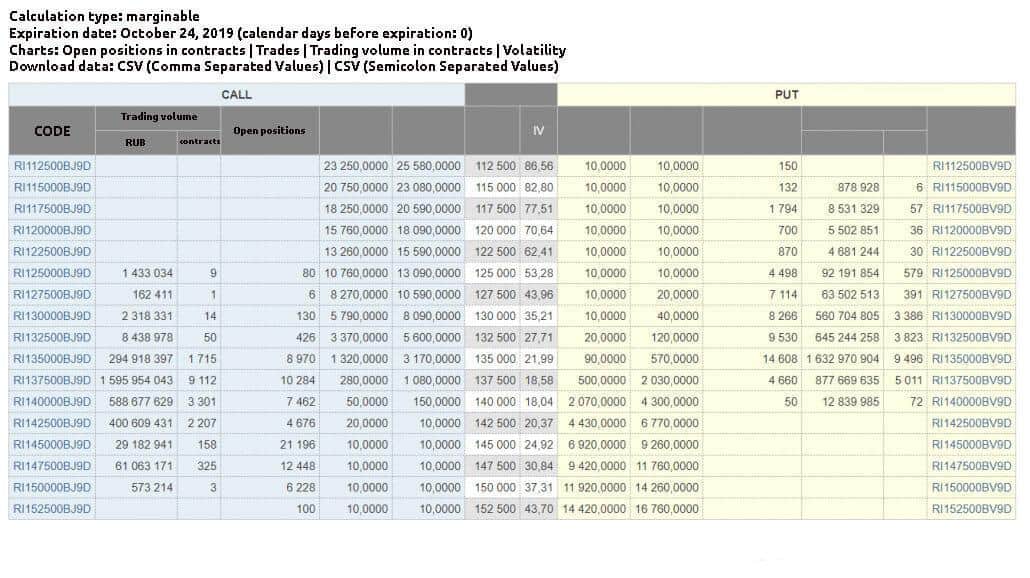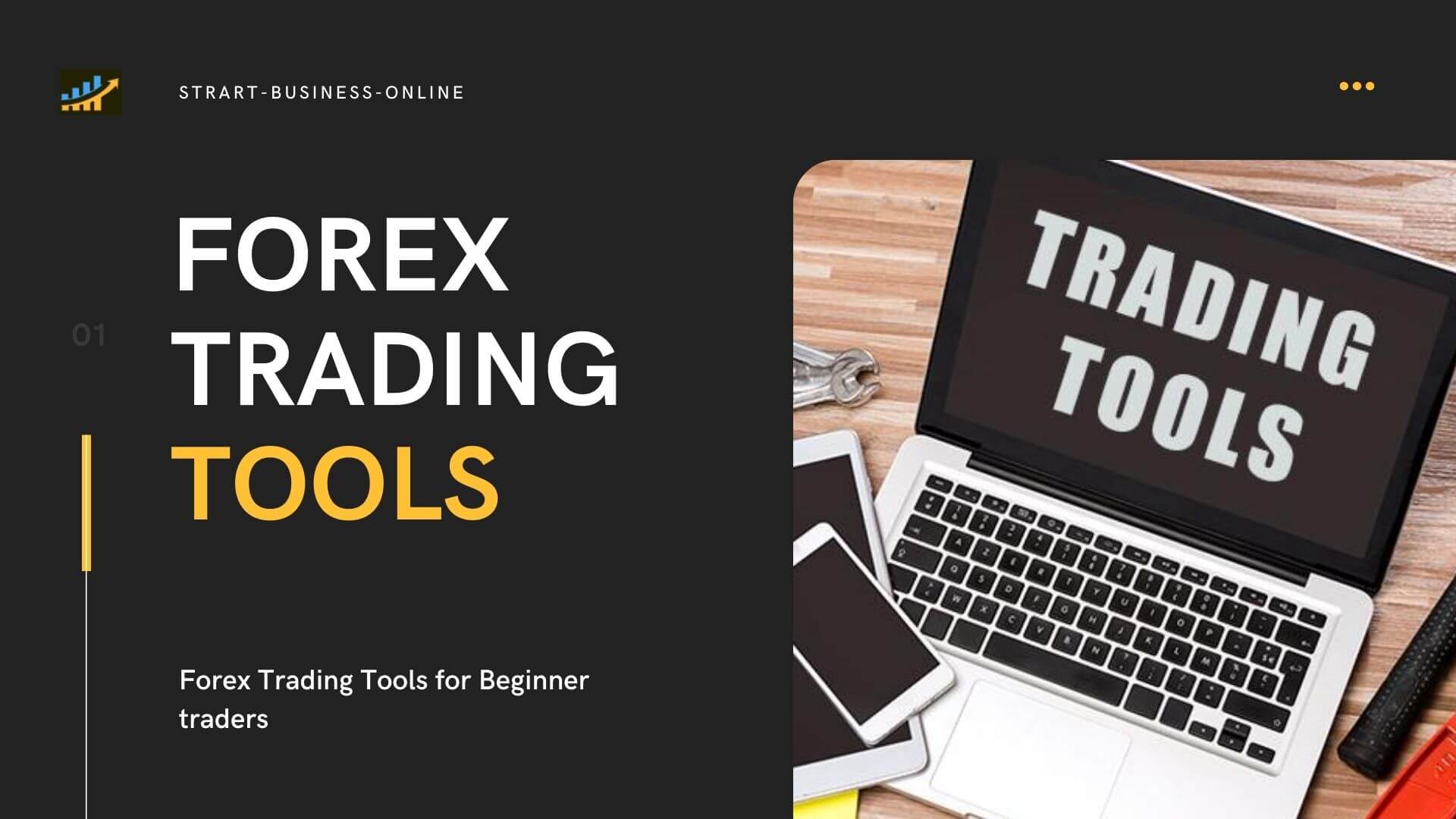
Low-interest rate environments are a great way to invest in bond funds of short duration. These funds are usually designed to reduce volatility in bond price and have lower interest rate risks than most money markets funds. These funds invest with debt instruments maturing between 6 and 12 months. They also provide a steady source of income. These types of investments are especially suitable for retired investors who are more cautious about taking on risk.
Many investors are using duration to gauge the portfolio's risk of interest rate volatility. While duration is an important term in fixed income investing. However, some fund managers believe that too much emphasis on the length of time can lead to investors feeling unsafe. There are other important factors to consider, in addition to duration. Certain bond funds may have shorter maturities which can lead to significant value loss when interest rates rise. If interest rates rise by 2 points, a bond of 8 years would lose 16% of its value. However, if the same bond had a duration of one year, the interest rate risk would be far less.

Duration is a measure of sensitivity to interest rate changes, and some fund managers are trying to reduce this sensitivity by using derivatives or by buying bonds with shorter maturities. Some funds have placed duration limits on their prospectuses. Others have renamed their funds to emphasize the duration.
Pimco (a US-based bond firm) has added two low term funds to its range of offshore funds. Mark Kiesel is responsible for the Pimco Low Duration, Global Investment Grade Credit funds. Mihir Worah is the Pimco GIS Low Duration Real return fund. Both funds invest a mix of corporate bonds and government bonds. They have had roughly equal NAV performance since inception. However, the gap between them has narrowed year-to-date.
Investors who are concerned by rising interest rates can also choose the BLW funds. Due to its high distribution yield, this fund is attractive to retirees. It has outperformed all bond indexes over the past year and the S&P 500 for the past five years. It also has low credit quality and tends to underperform in downturns.
However, BLW's low duration can be a key differentiator, as it reduces sensitivity to interest rate changes. For example, if rates rise one point, a bond with a duration of eight years would suffer a 16 percent loss. A bond that has a term of one year will lose two percent of its value. The bond's low maturity date, and low credit quality can reduce interest rate exposure.

Many bond fund investors have become concerned with the impact of rising rates on the long-term price of their bonds. After the RBI cut key policy rates in April, the 10-year G-sec yield has seen a significant increase. Although the yield is not yet zero, it is very close. Investors should monitor the markets for any signs of edginess.
FAQ
How do I choose a good investment company?
You want one that has competitive fees, good management, and a broad portfolio. Fees vary depending on what security you have in your account. Some companies have no charges for holding cash. Others charge a flat fee each year, regardless how much you deposit. Some companies charge a percentage from your total assets.
Also, find out about their past performance records. Companies with poor performance records might not be right for you. Companies with low net asset values (NAVs) or extremely volatile NAVs should be avoided.
You should also check their investment philosophy. Investment companies should be prepared to take on more risk in order to earn higher returns. If they are unwilling to do so, then they may not be able to meet your expectations.
How does inflation affect stock markets?
Inflation can affect the stock market because investors have to pay more dollars each year for goods or services. As prices rise, stocks fall. It is important that you always purchase shares when they are at their lowest price.
Why are marketable securities Important?
An investment company exists to generate income for investors. It does so by investing its assets across a variety of financial instruments including stocks, bonds, and securities. These securities have attractive characteristics that investors will find appealing. They may be safe because they are backed with the full faith of the issuer.
It is important to know whether a security is "marketable". This refers to the ease with which the security is traded on the stock market. You cannot buy and sell securities that aren't marketable freely. Instead, you must have them purchased through a broker who charges a commission.
Marketable securities include government and corporate bonds, preferred stocks, common stocks, convertible debentures, unit trusts, real estate investment trusts, money market funds, and exchange-traded funds.
These securities are a source of higher profits for investment companies than shares or equities.
Statistics
- The S&P 500 has grown about 10.5% per year since its establishment in the 1920s. (investopedia.com)
- Even if you find talent for trading stocks, allocating more than 10% of your portfolio to an individual stock can expose your savings to too much volatility. (nerdwallet.com)
- "If all of your money's in one stock, you could potentially lose 50% of it overnight," Moore says. (nerdwallet.com)
- US resident who opens a new IBKR Pro individual or joint account receives a 0.25% rate reduction on margin loans. (nerdwallet.com)
External Links
How To
What are the best ways to invest in bonds?
An investment fund, also known as a bond, is required to be purchased. They pay you back at regular intervals, despite the low interest rates. These interest rates can be repaid at regular intervals, which means you will make more money.
There are many ways you can invest in bonds.
-
Directly buying individual bonds.
-
Buy shares in a bond fund
-
Investing via a broker/bank
-
Investing via a financial institution
-
Investing with a pension plan
-
Invest directly with a stockbroker
-
Investing through a Mutual Fund
-
Investing through a unit-trust
-
Investing using a life assurance policy
-
Investing through a private equity fund.
-
Investing in an index-linked investment fund
-
Investing with a hedge funds